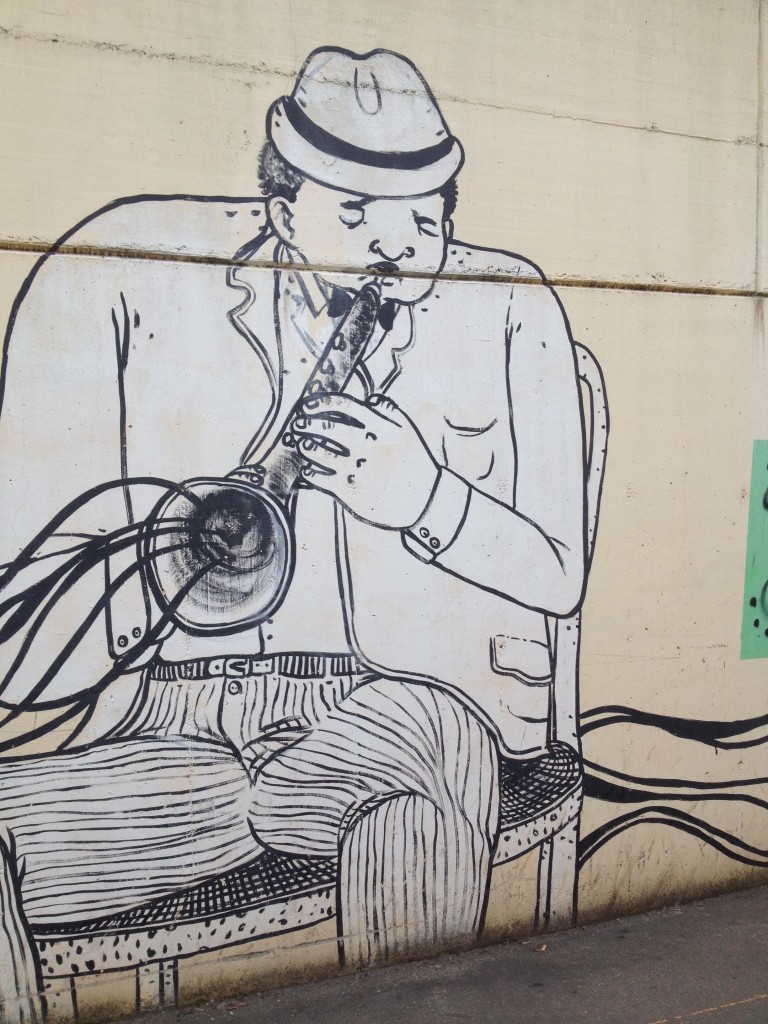Understanding the Public Sector in Veneto: Public libraries
By Giacomo Loperfido
Public library employees gave an astonishing account of the history of public libraries in the last 40 years, which seems a nice metaphor for larger and more general transformations also echoed in so many other spaces of the fieldwork.
From the early 1970s on, public libraries were progressively established in every Vicenza neighborhood. These were “pioneering public experiences” which eventually resulted in the public acquisition of the Catholic Bertoliana library, which is considered a “temple of knowledge”, at least in Vicenza. By the end of the decade, the acquisition of Bertoliana culminates in a public strategy of centralization and coordination, which federates them all into a network of which Bertoliana becomes the “central library”, while the other ones are de-centered branches. A revolutionary element of this strategy was the invention of the “library boards”, elected by and composed of citizens of the neighborhood. These boards became a driving force of the participation of citizenship in public cultural life.
During the 1980’s and 1990’s however – the years of the Venetian economic boom – this sudden expansion of the public sector came quickly to an end, and both the resources and the political will to sustain this public project appear to have become scarce. After proudly telling me about this “golden age” of the public sector in Vicenza, an employee stated that from 1983 to 1993 she has “worked in a library where there was no toilet”. She speaks with bitterness of the emergence of public accusations and scapegoating of public servants during the Berlusconi era (1994, 2001-2006, 2008-2011): “before that – she mentions – we used to be considered civil servants, but then they even took that title away from us”. Another employee talks about that period as “the beginning of the end”, as her library was moved to a basement in 1993. In 2002, finally, the institution of the library board – which was the crucial instrument of citizens’ participation in the control of these institution, was made optional by law, obviously leading to its abolition.




